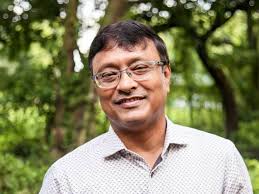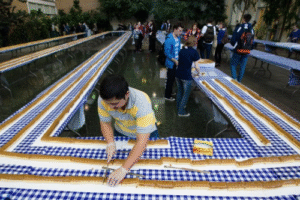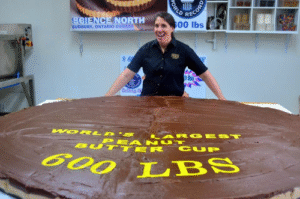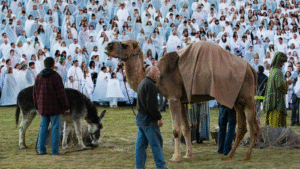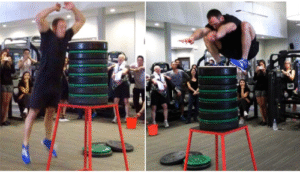Historic Qualification: In 1978, Dibyendu Barua became the youngest player to qualify for the Indian National Chess Championship at just 12 years old, showcasing exceptional talent at a time when the sport was still developing in India.
Barua’s achievement was groundbreaking, as it marked the emergence of young talents capable of competing at the highest levels in Indian chess.
His qualification demonstrated his profound understanding of the game and ability to take on older, more experienced players.
Barua went on to become India’s second Grandmaster (GM) in 1991, after Viswanathan Anand, cementing his place in Indian chess history.
His early success inspired a generation of Indian chess players and established him as a role model for young aspirants.
In 2001, D. Harika became the youngest girl to qualify for the National Women’s Chess Championship in New Delhi at the age of just 10.
Her qualification highlighted her precocious talent and deep understanding of the game, allowing her to compete against some of the strongest female players in the country.
At the 2004 National Chess Championship held in Visakhapatnam, Andhra Pradesh, a 13-year-old Harika competed with determination, gaining valuable experience and solidifying her reputation as a rising star in Indian chess.
A Grandmaster (GM) and one of India’s top female players.
A three-time World Women’s Championship bronze medalist.
An Arjuna Award recipient for her contribution to Indian chess.
Both Dibyendu Barua and D. Harika achieved their milestones at exceptionally young ages, setting benchmarks for future players.
Their early qualifications reflect not just individual brilliance but also the growing emphasis on nurturing chess talent in India.
Dibyendu Barua’s journey from being a prodigy to a Grandmaster and Harika’s rise to prominence as one of India’s leading female chess players serve as inspirations for young players, especially in breaking age-related barriers.
Their achievements highlighted India’s growing chess potential in the late 20th and early 21st centuries.
They underscored the importance of identifying and nurturing talent from a young age, paving the way for a stronger Indian presence on the global chess stage.
Dibyendu Barua’s historic qualification in 1978 as a 12-year-old marked the beginning of a new era in Indian chess, showcasing the potential of young players in a sport dominated by older competitors.
D. Harika’s milestone in 2001 as a 10-year-old qualifying for the National Women’s Championship underscored the rising prominence of young female talent in chess.
These two achievements remain landmarks in Indian chess history, reflecting the country’s evolution into a chess powerhouse.
